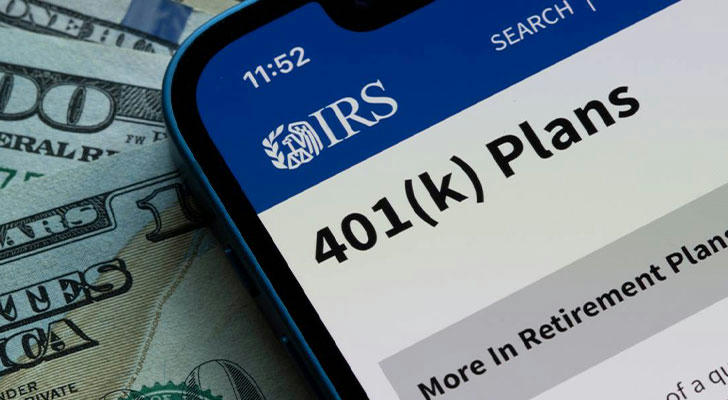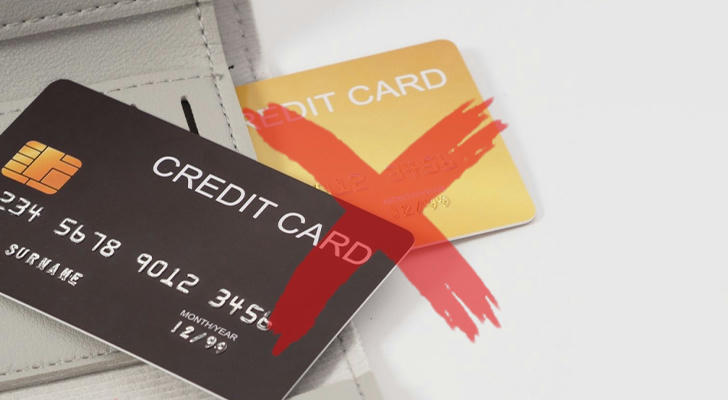Should You Borrow from Your 401(k)?
So, you're thinking about borrowing from your 401(k) to get some quick cash? That's a big decision, and it's important to weigh both the pros and cons before diving in. Let's break it down so you can make the best choice for your financial future.

Understanding 401(k) Loans
When you borrow from your 401(k), it's similar to taking out any other loan. You'll agree on terms like how much you're borrowing and the interest rate. The IRS gives you up to five years to pay it back unless you're using the money to buy your primary home, which gives you a bit more leeway.
While it's great that you can borrow from your 401(k), there are some significant drawbacks to consider. Even though you're paying yourself back, you're still pulling money out of your retirement account. This means your money isn't growing as it should be, and even when you repay it, it has less time to accumulate.
Another point to keep in mind is that if you have a traditional 401(k), you'll be repaying the loan with after-tax dollars, which means it takes more time to pay off compared to using pre-tax funds.
Risks of a 401(k) Loan
Before you decide to borrow from your 401(k), there are some potential downsides:
Not Guaranteed: Your employer has to offer the option for a 401(k) loan. According to a 2022 study, 84% of plans had outstanding loans, but not all plans offer this feature. You might need to look for other sources of funding.
Loan Limits: There's a cap on how much you can borrow. The maximum is $50,000 or 50% of your vested account balance, whichever is lower. This might not be enough if you need a larger sum.
Old 401(k)s: If you're thinking about borrowing from a 401(k) from a previous job, you're out of luck unless you've rolled it over into your current plan.
Tax and Penalties: If you don't repay the loan on time, it could be treated as a distribution. This means you might face taxes and penalties, which can add up.
Job Changes: If you leave your job, you'll need to repay the loan faster. You generally have until the due date of your tax return to settle the loan, but the rules have changed from the previous 60-day requirement.
Benefits of Borrowing from Your 401(k)
Even with its downsides, borrowing from your 401(k) has some benefits:
No Taxes or Penalties: Unlike an early withdrawal, a loan avoids taxes and penalties. Plus, the interest you pay goes back into your retirement account, although it's after-tax.
No Credit Checks: Taking a 401(k) loan doesn't require a credit check, and it won't affect your credit score if you default. This can be a big plus if you're worried about your credit report.

When to Consider a 401(k) Loan
Using a 401(k) loan isn't ideal, but it can be a good option in certain situations. It's typically better than high-interest loans like payday or personal loans, and it's usually easier to arrange.
A 401(k) loan is often a more affordable short-term solution compared to other high-interest options. Just remember, it should be reserved for significant expenses and not used for minor needs.
Paying Off Early
Good news: You can pay off a 401(k) loan early without any penalties. Many plans let you make extra payments through payroll deductions to pay off the loan faster than the standard five-year term. Just keep in mind that these payments come from after-tax dollars.
Employer Awareness and Privacy
Yes, your employer will likely know if you take out a loan from your 401(k) plan. The request usually goes through HR, and repayments are handled through payroll deductions. If you're concerned about privacy, you can ask HR to keep your loan request confidential.

Early Withdrawals vs. Loans
An alternative to a 401(k) loan is an early withdrawal, but that comes with its own set of problems, including taxes and penalties. Early withdrawals are subject to income tax on any gains and might include a 10% penalty. There are specific hardship scenarios that might qualify for withdrawals without repayment, but these should be avoided if possible due to their impact on your retirement savings.
Other Options
If borrowing from your 401(k) isn't ideal, consider these alternatives:
Use Savings: Tap into your emergency savings or high-yield savings accounts, which are meant for situations like this.
Personal Loan: Look into personal loans, which might offer better terms and quicker access to funds without touching your retirement savings.
HELOC: A Home Equity Line of Credit (HELOC) can be a flexible option if you have enough equity in your home.
Home Equity Loan: This is another option that might offer lower interest rates but requires your home as collateral.
If you absolutely need to access your retirement funds, a 401(k) loan could be a viable option. However, explore other funding sources first. Ensuring you have emergency savings and a solid retirement plan can help prevent the need to dip into your 401(k).
